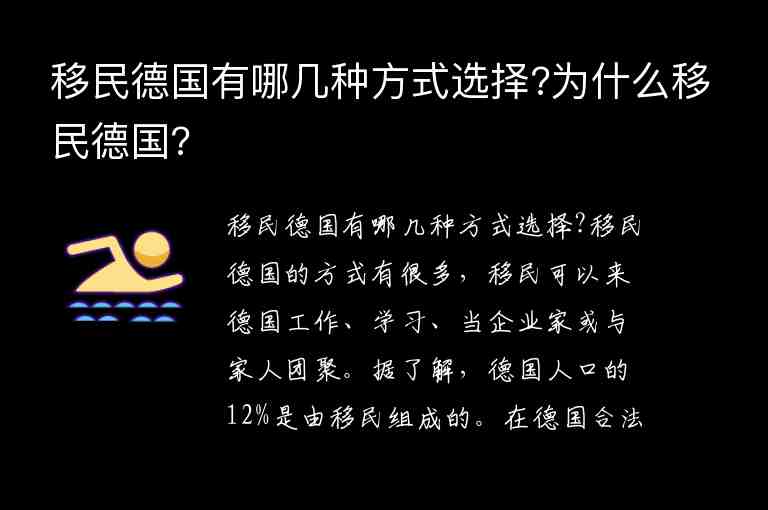悬(xuán)是一个汉语词语,既可以作为形容词,也可以作为动词使用。作为形容词时,它的意思是“悬挂的”、“悬念的”、“不确定的”;作为动词时,它的意思是“挂着”、“悬而未决”。
怎么读(音标)
xuán [ɕwɛn]
用法
1. 作为形容词时,一般用来修饰物体或情况,表示物体或情况处于悬挂状态或存在不确定性。
2. 作为动词时,一般用来描述行为或状态,表示某事物挂着或处于未决状态。
例句1-5句且中英对照
1. 悬在墙上的画像让房间更加美观。The painting hanging on the wall adds to the beauty of the room.
2. 这个问题一直悬而未决,我们需要更多时间来做出决定。This issue has been hanging in the air and we need more time to make a decision.
3. 他们之间的关系很微妙,就像一把悬在头顶的利剑。The relationship between them is delicate, like a sword hanging over their heads.
4. 我们还没有收到他是否会参加的回复,所以这件事还是悬而未决。We haven't received his response about whether he will attend the meeting, so this matter is still hanging.
5. 我们把灯笼悬在树枝上,为夜晚的野餐增添了一丝浪漫气息。We hung lanterns on the branches, adding a touch of romance to the evening picnic.
同义词及用法
1. 悬挂(形容词):指物体被挂在某处,也可指情况处于不确定状态。
2. 悬念(形容词):指引人入胜、难以预料的情节或结局。
3. 悬而未决(动词):指某事物尚未解决或结论尚未作出。
4. 待定(形容词):指事物尚未确定或待后续决定。
5. 不明确(形容词):指事物缺乏明确的定义或解释。
编辑总结
“悬”这个字既可以作为形容词,也可以作为动词使用,表示不同的意思。作为形容词时,它通常用来修饰物体或情况,表示悬挂状态或不确定性;作为动词时,它则用来描述行为或状态,表示挂着或处于未决状态。除了以上提到的同义词外,还可以根据具体语境选择合适的近义词来替换“悬”,如“悬疑”、“悬案”、“悬浮”等。在使用时,需要注意上下文的语境,避免产生歧义。
